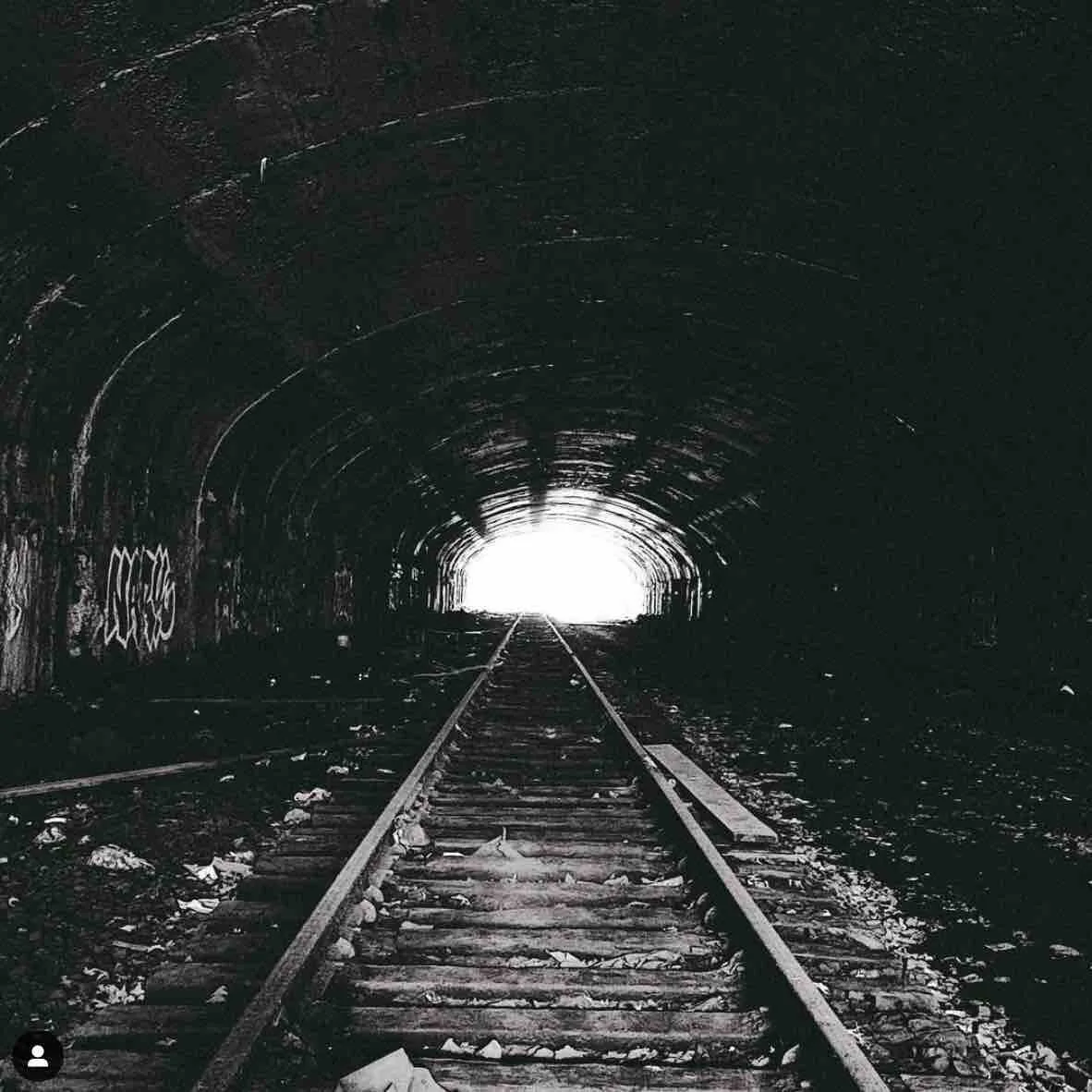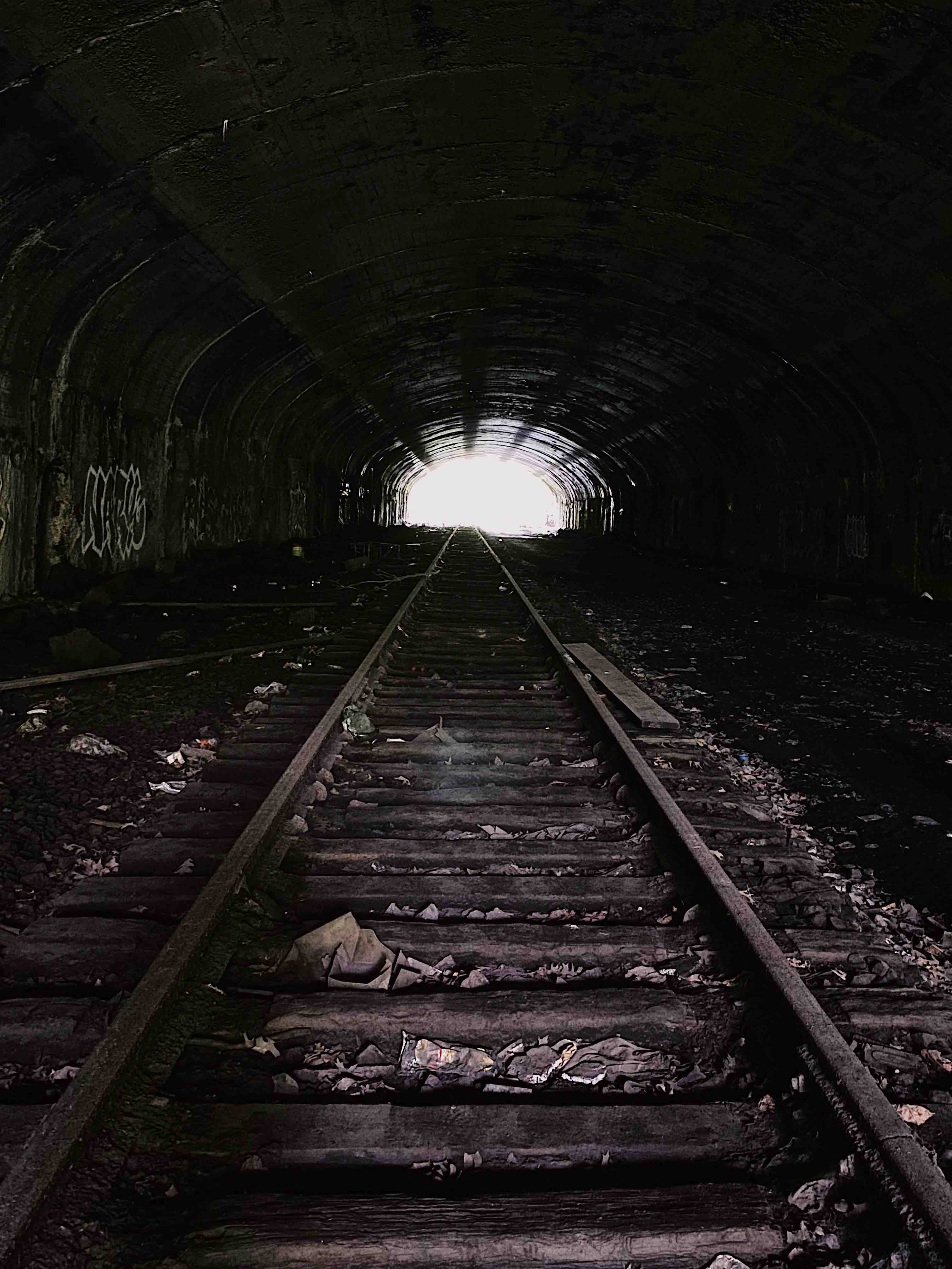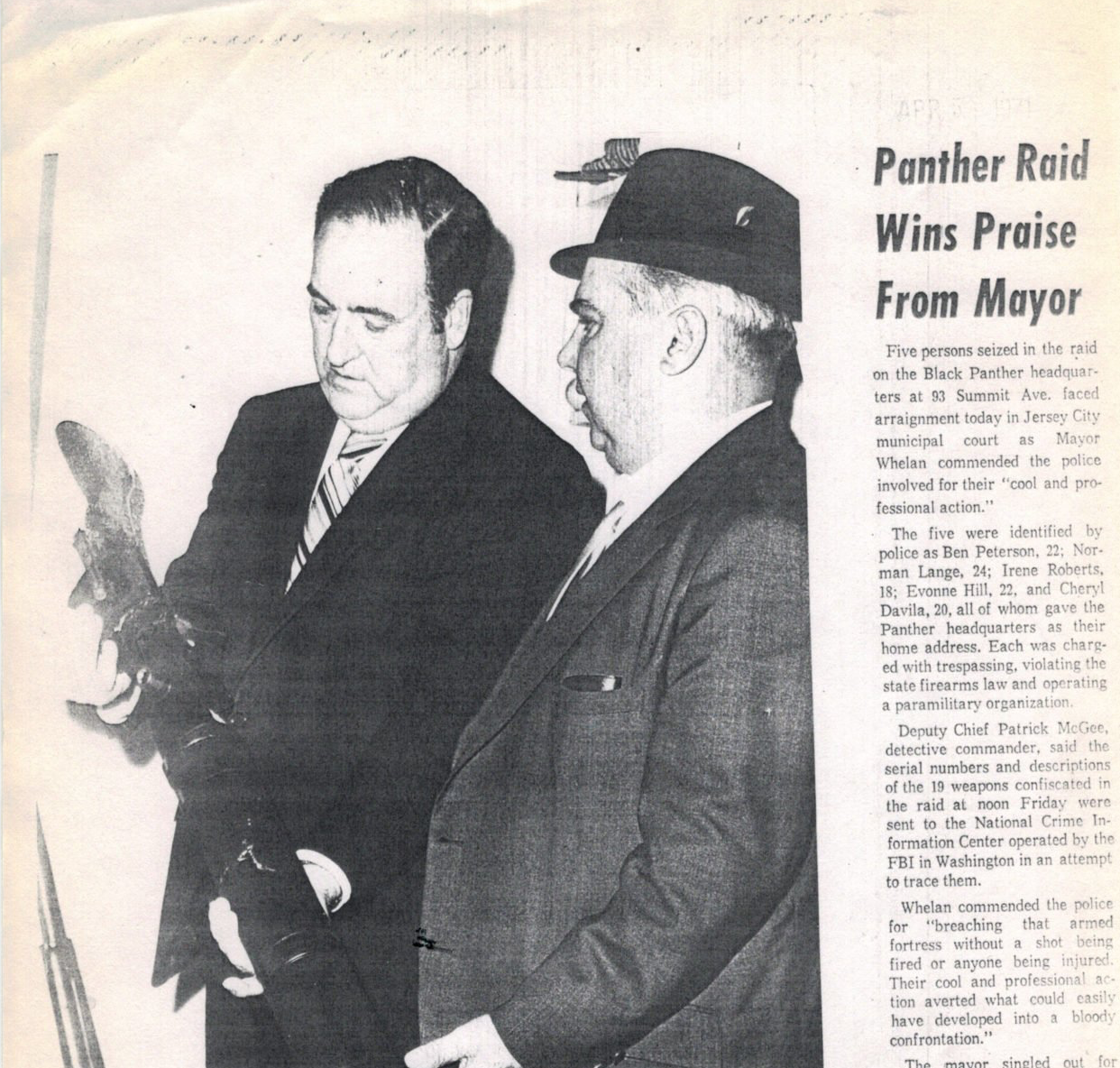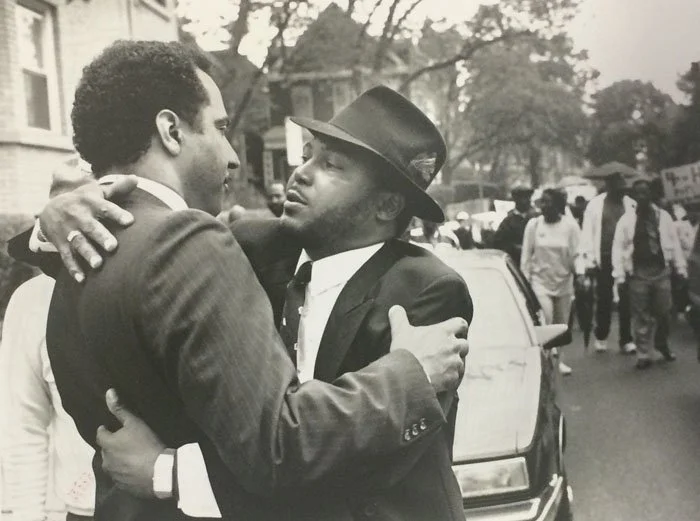Jersey City’s Activist Roots: A History of Resistance
Jersey City’s activist roots stretch back to the colonial era and continue into the present day. From early resistance to British rule and labor movements in the 19th century to organized responses against racial injustice in the 20th century, activists in Jersey City have repeatedly challenged oppression and inequality. This article highlights key moments of resistance, the people who led them, and how those movements continue to influence local activism today.
Early Resistance and the American Revolution
Organized resistance in Jersey City can be traced back to the colonial period. In 1774, local residents participated in what became known as the “Jersey Tea Party,” a protest against British taxation policies that mirrored resistance occurring throughout the colonies.
While this act was not unique to Jersey City, it reflects an early pattern of collective civic action—residents organizing publicly to challenge authority and assert political agency. That pattern would reappear repeatedly in later movements.
Workers’ Rights and Labor Activism (Late 19th – Early 20th C)
As Jersey City industrialized in the 19th and early 20th centuries, labor activism became a defining force. The city’s factories, docks, and garment shops employed thousands of workers, many of them immigrants and people of color, often under dangerous and exploitative conditions.
Garment workers and industrial laborers organized strikes and protests demanding safer workplaces, fair wages, and reasonable hours. These efforts positioned Jersey City as part of a broader national labor movement while grounding resistance in local conditions.
Labor activism in Jersey City highlighted the connection between economic justice and civic participation—an idea that would later shape civil rights organizing.
Black Community Organizing Post-Emancipation
Following the abolition of slavery, Black residents in Jersey City formed organizations to address racial discrimination and exclusion from political and economic systems.
In the late 19th century, groups such as the Jersey City Colored Citizens organized to advocate for civil rights, education, and fair treatment under the law. Black-owned newspapers and community institutions played a critical role in mobilizing residents, sharing information, and challenging racial injustice.
These efforts laid the foundation for sustained Black activism in the city, connecting local struggles to national movements for equality.
Jersey City Colored Citizens
In 1873, the Jersey City Board of Trade was established to help the city's African American residents find jobs. Then, in 1874, the African American community in Jersey City formed an organization called the "Jersey City Colored Citizens." The organization held a parade to celebrate their newly found emancipation.
The Afro-American newspaper
In 1875, they founded a newspaper called "The Afro-American” that served as a means for African Americans in Jersey City to share their stories and ideas for positive changes with each other.
Anti-Lynching Activism and Public Protest
One of the most significant moments of early 20th-century activism in Jersey City occurred in 1909, when approximately 5,000 people gathered to protest lynching and racial violence in the United States.
The rally, organized under the leadership of civil rights advocates including W.E.B. Du Bois, represented a powerful public condemnation of racial terror and demonstrated the city’s role in national anti-lynching efforts.
This mass protest underscored Jersey City’s position as a site of organized resistance, where activism extended beyond local grievances to confront systemic injustice nationwide.
Civil Rights Era in Jersey City
During the civil rights era, Jersey City faced persistent challenges related to housing discrimination, economic inequality, and racial segregation—issues common to many Northern cities.
Local leaders, clergy, attorneys, and organizers worked to dismantle discriminatory practices through sustained advocacy and legal action. Among the most influential was Robert Wilkinson Castle Jr., a civil rights attorney and Episcopal priest whose work focused on fair housing and systemic reform.
National civil rights figures, including Dr. Martin Luther King Jr., visited and spoke in Jersey City during this period. His presence reinforced local efforts already underway, connecting Jersey City’s struggles to the broader civil rights movement rather than initiating them.
The campaign was carried out under the slogan "America needs a checkup." It demanded full employment or guaranteed income for all adults; decent housing for all; quality education for all children; repeal of all Jim Crow laws; voting rights; and an end to economic inequality and poverty. The campaign lasted six weeks with at least 100,000 people marching each day in groups of about 1,000 across the country. Its effects were prevalent in Jersey City at the time, and continue to reverberate today with the Poor People's Campaign chapter of New Jersey.
Political Activism and Black Leadership
Jersey City’s activist history also includes significant political challenges to entrenched power structures.
In the late 1960s, Cornelius “Cornbread” Givens emerged as a prominent civil rights leader and became the first African American to run for mayor of a major U.S. city. His campaign reflected growing demands for political representation and accountability, even as systemic barriers remained firmly in place.
Such efforts signaled a shift from protest alone toward electoral participation as a form of resistance.J
Activism Today
Activism in Jersey City continues in response to issues such as racial injustice, housing displacement, labor rights, and policing. Modern protests and organizing efforts draw on the city’s long tradition of resistance, often centered in the same neighborhoods that shaped earlier movements.
Institutions like the Afro-American Historical & Cultural Society Museum play a vital role in preserving records of activism and ensuring that these histories remain visible and accessible
Why Jersey City’s Activist History Matters
Jersey City’s activist roots reveal a consistent pattern: residents organizing to challenge inequality and demand change when existing systems failed them.
This history demonstrates that activism in Jersey City was not episodic or isolated. It was sustained, locally driven, and deeply connected to broader movements for justice in the United States.
Understanding this legacy is essential to understanding the city itself.
Explore Related Jersey City History
Together, these stories provide a fuller picture of how resistance, activism, and civic engagement shaped Jersey City over time.














